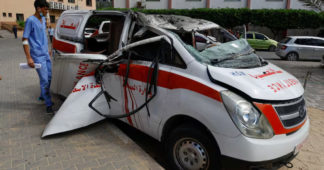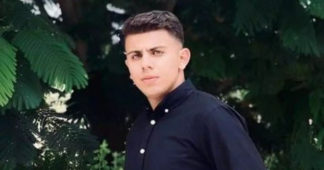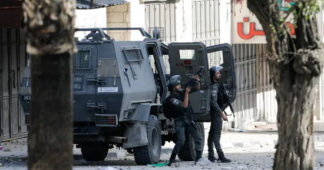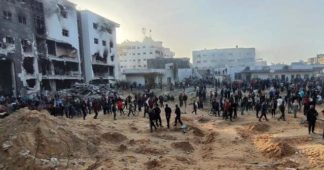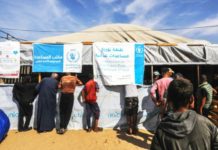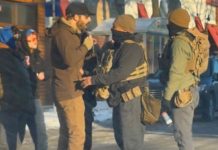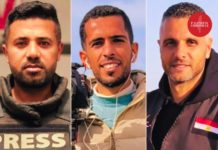Exclusive: Asaad al-Nasasra told PRCS he heard Israeli troops shoot first responders while they were clinging to life
By Lorenzo Tondo in Jerusalem
4 Jun 2025
The Palestinian Red Crescent Society has detailed the harrowing account of one of its paramedics, who told the organisation he heard Israeli troops shoot first responders while they were still clinging to life.
Asaad al-Nasasra, 47, was one of two first responders to survive the 23 March attack on a convoy of emergency vehicles in which 15 other medics and rescue workers were killed.
He told the PRCS that after the attack in Gaza he was detained and tortured for 37 days by Israeli forces.
The bodies of 15 paramedics and rescue workers were later found buried in a mass grave by Red Crescent and UN officials. Witnesses who uncovered the bodies said the workers were found still in their uniforms and some had their hands tied, although this has been disputed by the IDF.
In the account he gave to colleagues, Nasasra said that some of the paramedics survived the initial assault and were calling for help when they were shot dead, the PRCS said.
Nasasra was driving one of two PRCS ambulances dispatched from Rafah after a convoy including other ambulances, a fire truck, health ministry vehicles and a UN car had been sent earlier to recover the bodies of two paramedics and other victims of an Israeli airstrike.
“Our colleague Al-Nasasra was in the same ambulance with his colleague Rifat Radwan, who filmed the video that was eventually recovered from his phone showing their vehicle being attacked by the Israeli soldiers,” said Nebal Farsakh, the PRCS spokesperson.
The almost seven-minute video, released in April, shows a red fire engine and clearly marked ambulances driving at night, using headlights and flashing emergency lights, which contradicted the initial version of events put forward by the Israel Defense Forces (IDF), which denied that the vehicles had their headlights or emergency signals on.
“Al-Nasasra and Radwan were subjected to the heavy gunfire everyone heard in the recording and the very heavy gunfire which continued even after the recording ended as Israeli soldiers continued to shoot at them for a long time,” says Farsakh.
Continue reading at www.theguardian.com
We remind our readers that publication of articles on our site does not mean that we agree with what is written. Our policy is to publish anything which we consider of interest, so as to assist our readers in forming their opinions. Sometimes we even publish articles with which we totally disagree, since we believe it is important for our readers to be informed on as wide a spectrum of views as possible.

